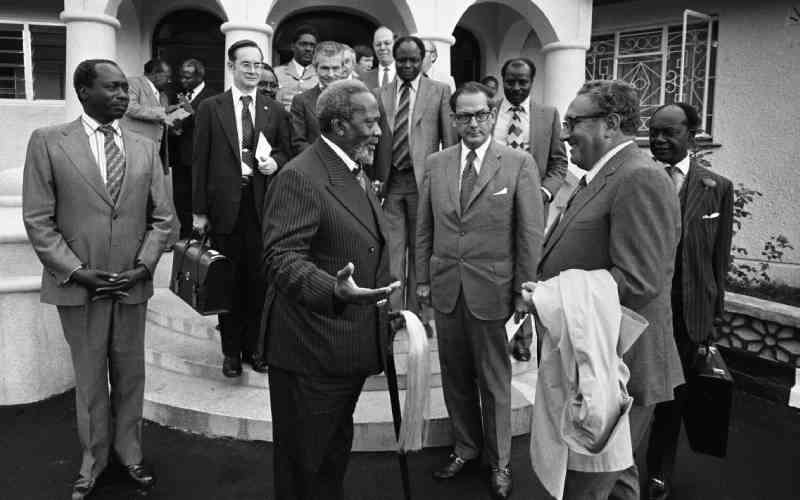×
The Standard e-Paper
Join Thousands Daily

Henry Kissinger was a man of his time and lived over 100 years straddling the global stage with ease that few others could.
Born a Jew in Bavaria, Germany, in 1923, his parents migrated to the US in 1938 to escape Adolf Hitler's anti-Jewish atrocities. He served in the military as an intelligence officer during World War II and then found his way to Harvard University.